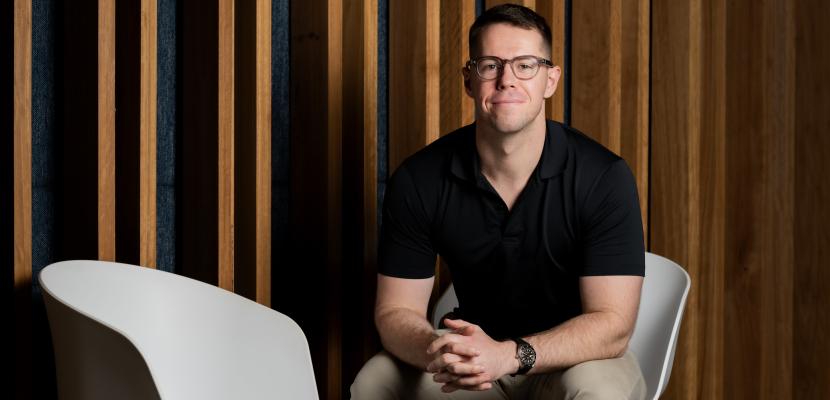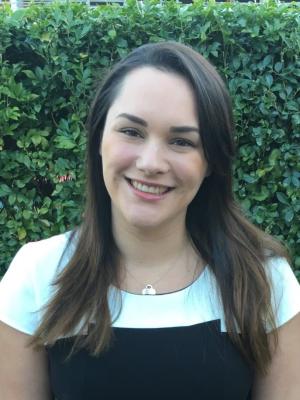
Bond University neurophysiologist Jacob Thorstensen and Medical Program alumna Helena Franco have been named on the Forbes 30 Under 30 Asia 2024 List in the healthcare and science category.
Dr Thorstensen is an Assistant Professor in the Faculty of Health Sciences & Medicine whose primary research interest is understanding how the brain and spinal cord control muscles in humans.
He employs a technique called transcranial magnetic stimulation (TMS) which non-invasively and painlessly uses a magnet to excite particular parts of the brain.
“I've been using that to study the motor cortex, the part of the brain that controls muscles, to see how various interventions like fatigue, pain, drugs, and so on affect our ability to control our muscles,” he said.
Dr Thorstensen did a postdoctoral fellowship at the Queensland Children's Hospital investigating TMS as a treatment for childhood stroke and traumatic brain injury.
“We were trying to see whether or not the magnetic stimulation to a part of the brain that's affected in these kids can help with their recovery,” he said.
“When kids have a very severe concussion, for example, there's not a lot of things that doctors can do.
“Drugs don't really work too well and neither do other forms of rehabilitation.
“So we thought, okay, maybe we can use these magnets to promote some plasticity in parts of the brain that are that are underactive or affected after the injury.”
Dr Thorstensen is seeking PhD and Masters students to continue his research and can be contacted at [email protected]
He credited colleagues with his elevation to the prestigious Forbes list.
“It is really cool to be recognised but my work is more of a team effort.
“I've been very fortunate to have good mentors, good supervisors, good colleagues and good students that have helped get me onto the Forbes list.”
Dr Thorstensen also teaches anatomy, physiology, and pharmacology at Bond.

Dr Franco (Class of 2013) studied a Bachelor of Medical Studies and Doctor of Medicine at Bond and is the Founder of Australis Scientific which is working on a new device to treat urinary incontinence.
Currently in clinical trials, the In-Confidence device is a smart patch that attaches above the ankle. It utilises electrical pulses to stimulate and train the nerves involved in bladder control.
Dr Franco was Bond University’s 2018 Young Alumni Award winner and received the prestigious R.G. Menzies Scholarship and Sir Keith Murdoch Scholarship (American Australian Association) to study a Master of Medical Studies in Global Health Delivery at Harvard Medical School, graduating last year.
Her thesis at Harvard Medical School was on sociodemographic factors influencing children with acetabular dysplasia who required surgical care.
Dr Franco won the 2023 Harvard President’s Innovation Challenge Grand Prize.
Dr Thorstensen and Dr Franco are among 26 Australians in 10 categories of the Forbes list, including entertainment and sports, and social impact.

